To begin, as a Drake University Law School student, I would like to state that I appreciate the coverage the law school receives in your publication; however, I would also like to express my concern with the “Supreme Court Justice Alito delivers Opperman Lecture” article in the Monday, Oct. 4 edition of The Times-Delphic.
I was approached by Ms. Robinson (I assume) the staff writer on this piece, after this event and asked to give my opinions and thoughts as a law student. I was more than happy to do so and thought that Ms. Robinson asked some incredibly insightful questions. That being said, I was disappointed, upon reading the article, to see I had been misquoted. I was quoted as saying, “We, as law students, learn and study how history, precedent and case law are important in decision making, and it carries over to the Supreme Court,” which is woefully inaccurate in terms of its substance and I would like to clarify this.
Ms. Robinson’s question, the answer to which is where this quote is taken from, was what I, as a law student, had learned from Justice Alito’s lecture. I informed her that law school teaches us the importance of “history, precedent and case law” and what I learned was that the Supreme Court relies on these things not only in their decision making but also in their procedural decisions, particularly regarding the importance and role of oral argument in the current Supreme Court. This was the context of my answer and the source of my quotation. However, the quote in the article was ripped out of that context and, as it is, is severely lacking in its true substance.
Additionally, by being taken out of the necessary context, the quote itself is inaccurate in its information because “history, precedent and case law” do not “carry over to the Supreme Court”—the practice of using case law as precedent was established by the Supreme Court and “carries over” to the practice of law.
I would like to suggest that your writers strive not only for accuracy in the words they use when they are quoting people, but also that they remain true to the context in which the quote was given because, without that context, any quote is rendered meaningless.
Thank you for your time,
Theresa Voge
Voge can be contacted at [email protected]

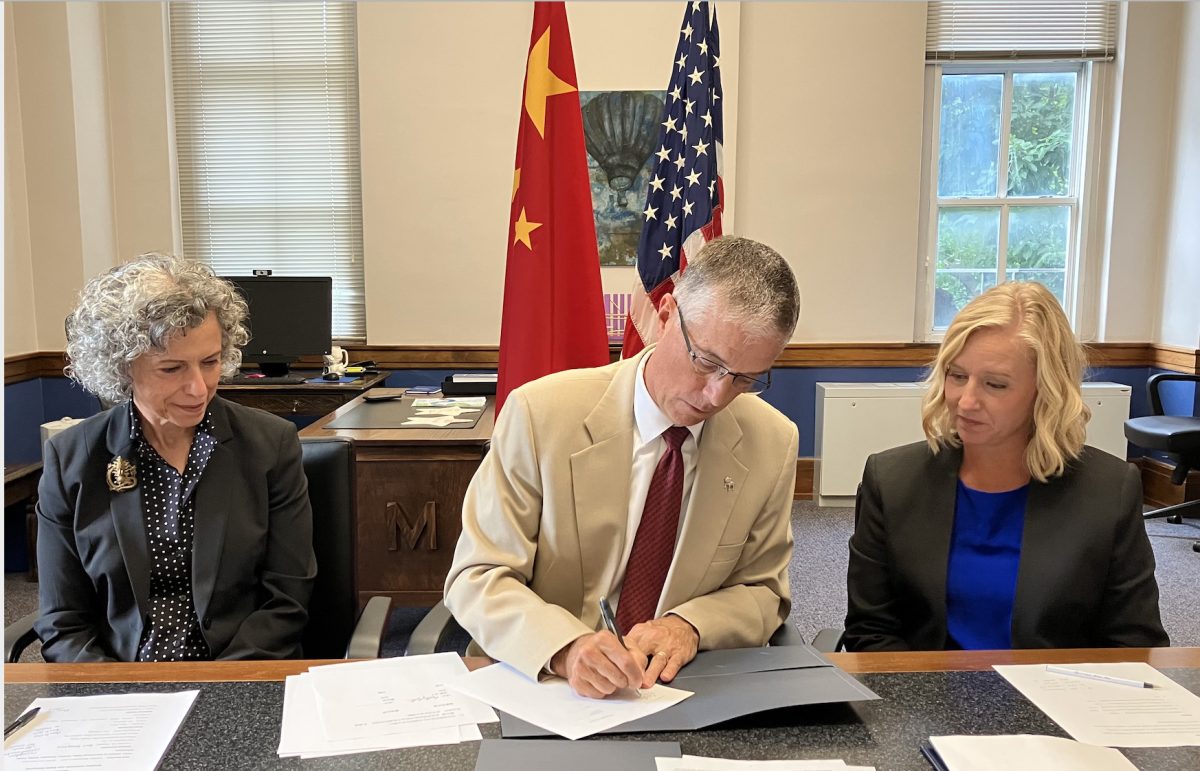
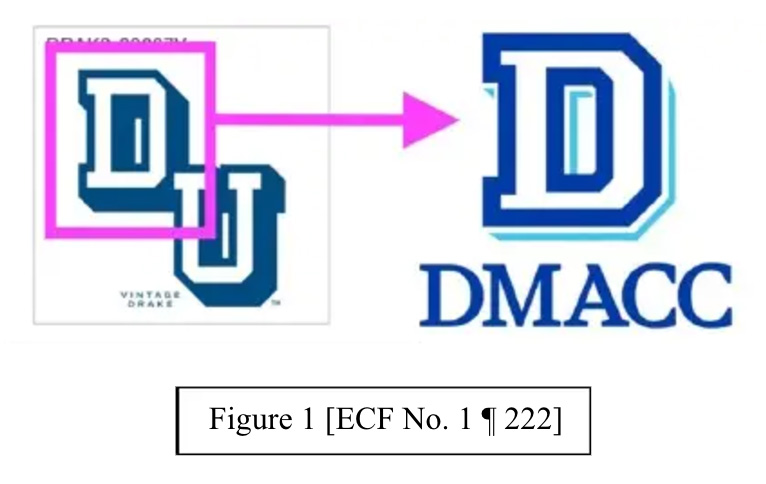

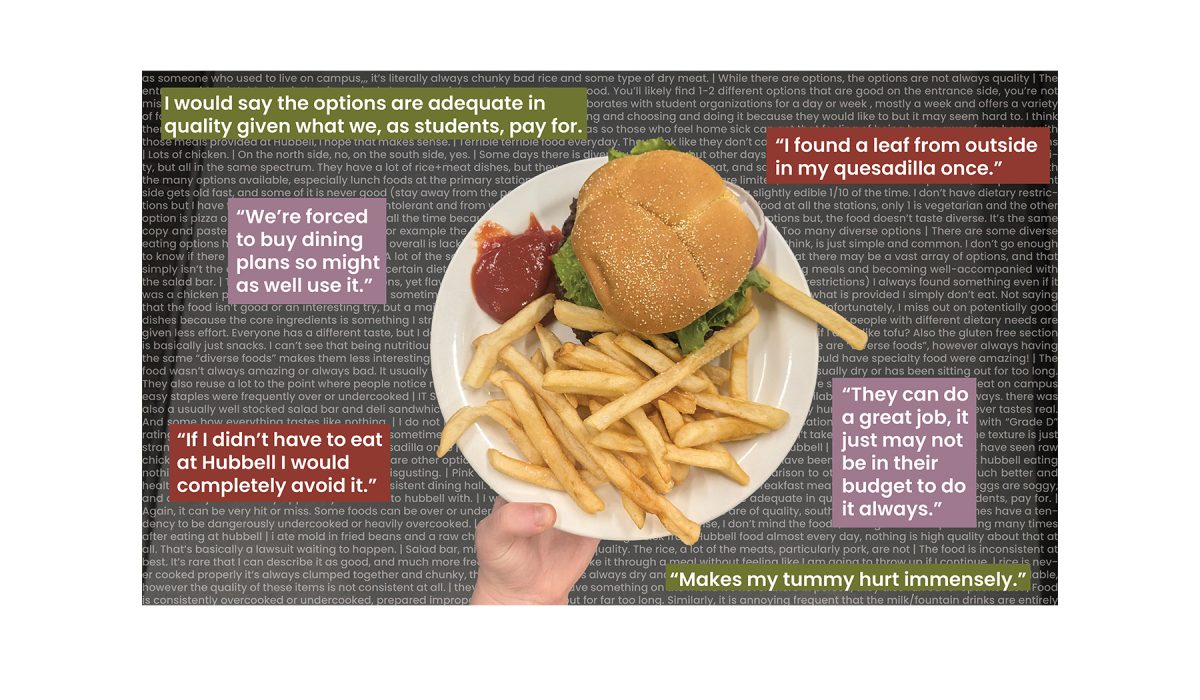
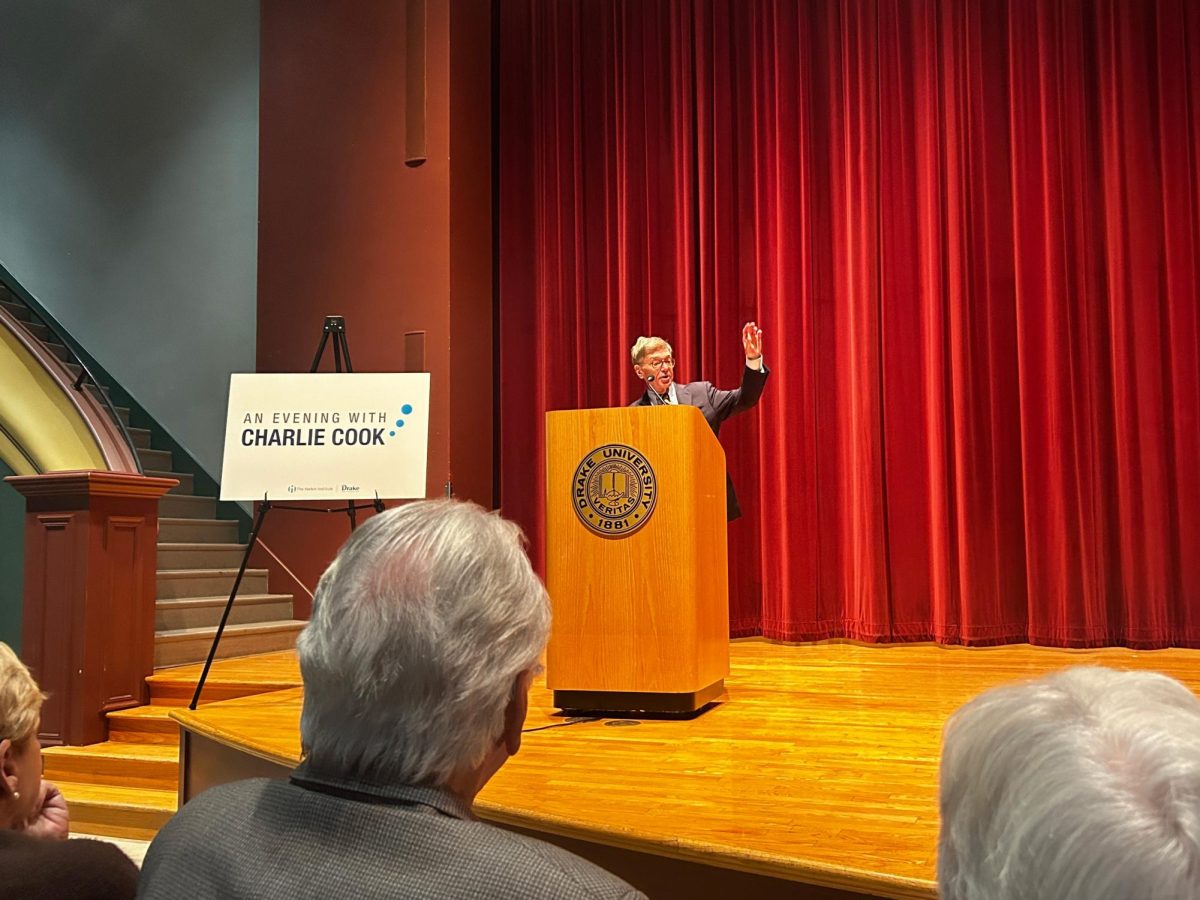
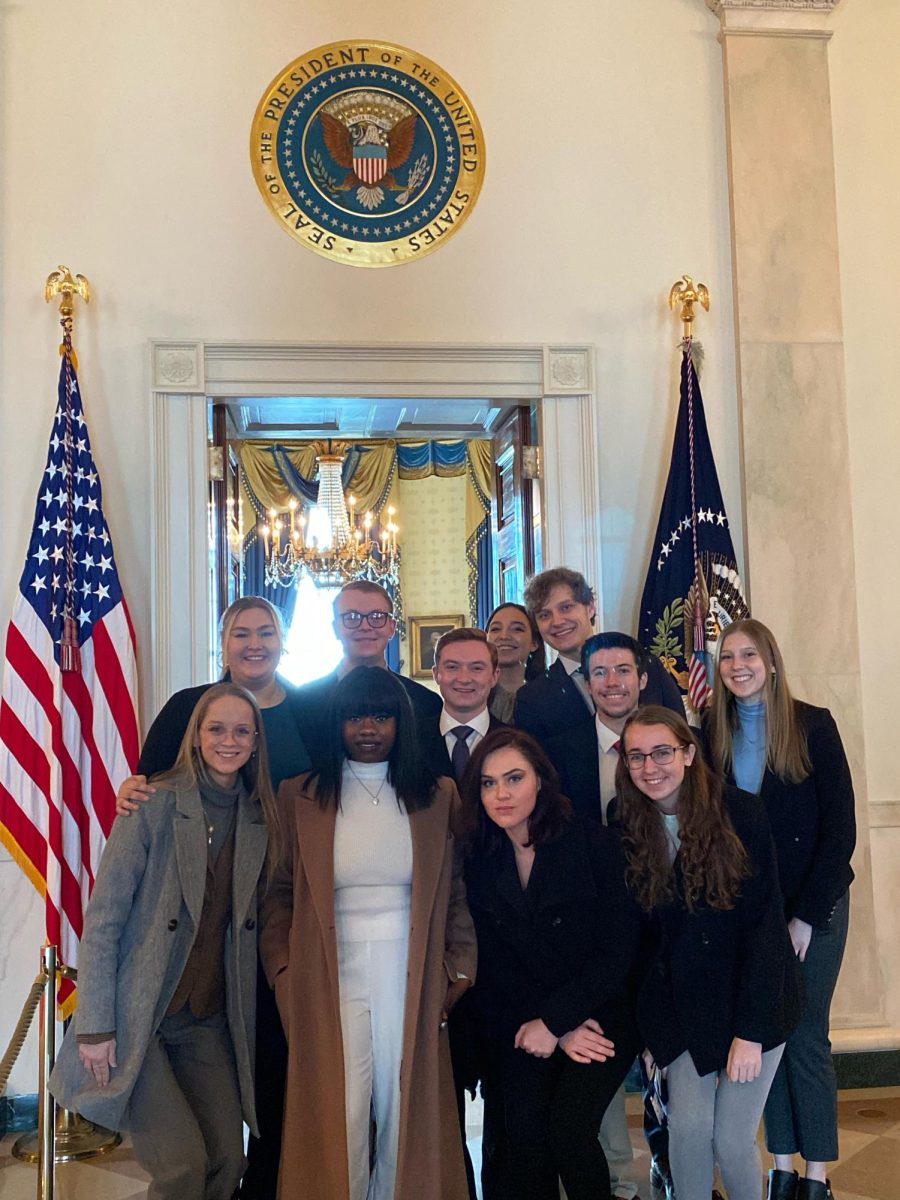
Lauren • Oct 12, 2010 at 10:46 pm
I understand the misquotation, and agree with Theresa in that there needs to be more accuracy in reporting the news, even if it is something one might consider menial. However, as a Journalism student, I am taken aback at the Canis Latus comment that “the press has no interest in accuracy, truth, or thoroughness.”
Drake holds more Pacemaker awards this year than any other school in the nation, which I assure you does not come from simply filling space to justify advertising. Yes, there is unethical news reporting in this country, perhaps now more than ever. But, refuting one of Drake’s most popular colleges is not the smartest move, and I suggest looking deeper into the subject than simply taking your frustrations of certain national news outlets out on a minor mistake by your school’s newspaper.
Canis Latus • Oct 11, 2010 at 11:34 am
Ms. Voge has apparently discovered, firsthand, as I and many others have, that the press has no interest in accuracy, truth, or thoroughness.
The popular media are interested only in filling space for publication as a means of justifying charging for advertising.
If there is any motivating philosophy involved, it is to promote conflict and dissension as grist for the mill, plus promotion of the owners’/publishers’ social and political interests.
Accordingly, we no longer trust them to inform us about matters of import and significance.
This is why the popular media are increasingly less popular and unable to sustain themselves financially.